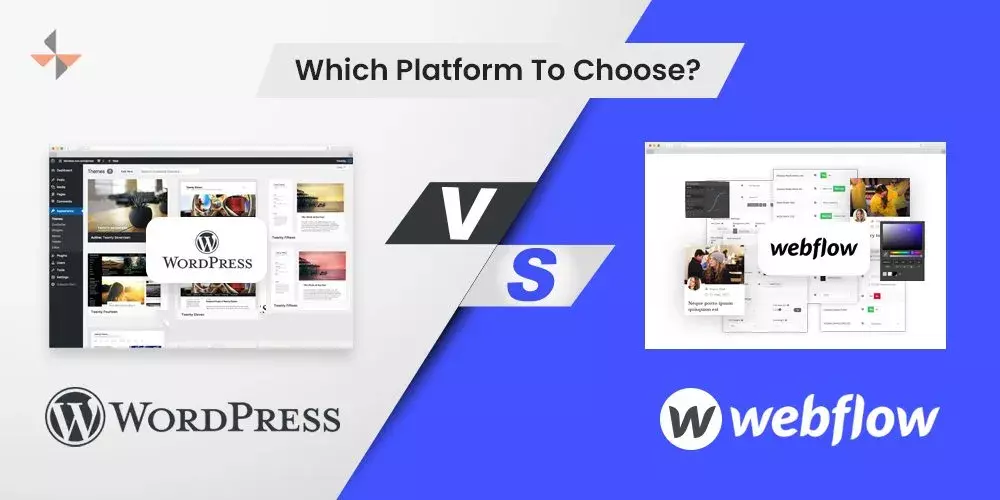
Webflow: A Visual Design Powerhouse
Webflow is a cloud-based SaaS platform that empowers users to build visually stunning websites without deep technical knowledge. It offers a no-code or low-code approach to web design, making it ideal for designers, content managers, and entrepreneurs looking for design freedom.
Visual Design and Ease of Use
CMS and Custom Content
Customization and Design Freedom
Hosting and Security
Choosing the Right Platform for You
Now that we have explored the key features and capabilities of both WordPress and Webflow, let’s consider the factors that can help you make an informed decision.
User Experience and Technical Knowledge
Customization and Design Freedom
Content Management and Blogging
SEO Optimization
Integrations and Extensions
Pricing and Hosting
Conclusion
In conclusion, both WordPress and Webflow are powerful website builders that cater to different user needs. WordPress is a versatile open-source CMS that offers extensive customization options and a vast ecosystem of plugins. It is suitable for users with varying levels of technical knowledge and is particularly well-suited for blogging and content-driven websites.
On the other hand, Webflow provides a visual design interface and unparalleled customization options, making it a great choice for designers and non-developers. It offers a no-code or low-code approach to web design and includes a built-in CMS. Webflow simplifies the hosting process and provides a seamless all-in-one solution for building and managing websites.
Ultimately, the choice between WordPress and Webflow depends on your specific requirements, technical expertise, and design preferences. Consider factors such as ease of use, customization options, SEO capabilities, and integrations to make an informed decision. Both platforms have their strengths and can help you create stunning websites that align with your vision.
Whether you choose WordPress or Webflow, Aries Web Solutions, a leading web design agency in India, can assist you in creating a professional website that showcases your brand and meets your goals. Contact us today to get started on your web design journey.
